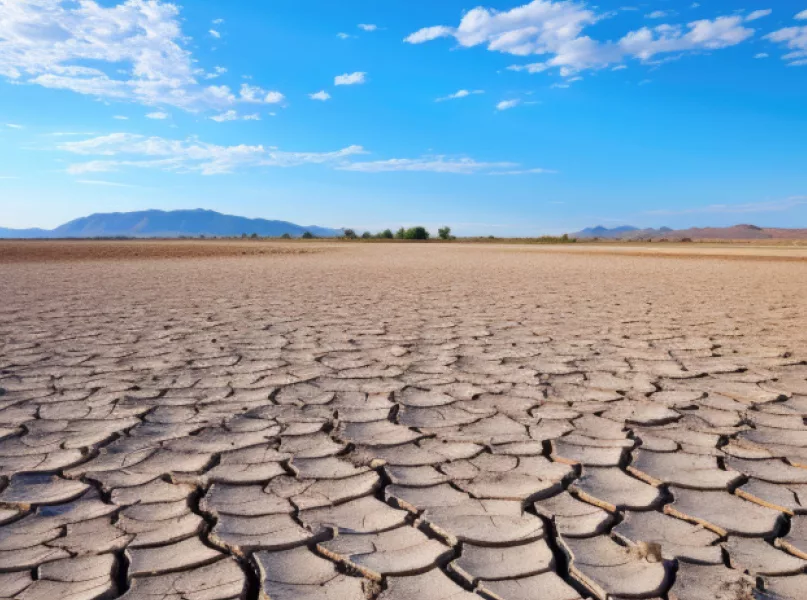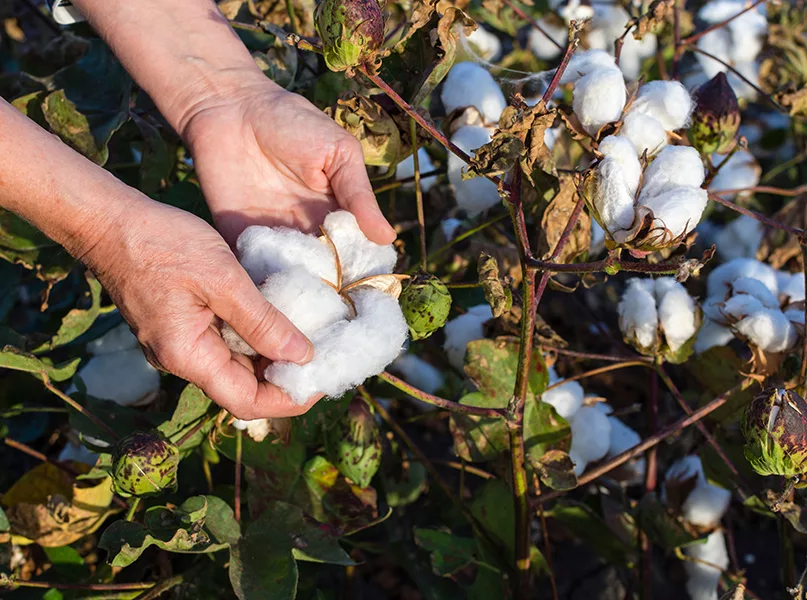Against the backdrop of a widespread drought and threatened food security across Southern Africa, we explore why Earth Day 2024 is now more vital than ever and how organisations across the continent are doing their bit to help spread environmental awareness.
COMBATTING CLIMATE CRISES
For over 50 years, non-governmental organisations (NGOs) and companies have converged annually on Earth Day to evaluate their environmental impact and identify what steps can be taken to increase their green footprint.
The movement was first founded in 1970 when a large group of Americans came together to highlight the lack of environmental awareness, and the notable absence of legislature and a regulatory body to oversee the issues of global warming.
Today, it has progressed to become one of the largest civic events on the planet, as it highlights the importance of climate action in defiance of an increasingly global crisis. With a membership of over one billion organisations across 175 countries, it has become one of the most impactful worldwide sustainability movements.
Across Africa, Earth Day is viewed as particularly significant, as the continent is adversely impacted by climate change, facing challenges such as air pollution, ineffective waste management, deforestation, industrialisation, natural disasters, and much more.
The need for support to tackle environmental challenges is now more critical than ever before, as Southern Africa is currently experiencing an extreme drought that is significantly threatening food supply and energy production across the continent.

TACKLING REAL WORLD PROBLEMS
The highly impactful drought sweeping across Southern Africa has been caused by the increasingly erratic El Niño weather event and the greater temperatures caused by climate change.
The former refers to the warming of the sea surface and above-average Pacific Ocean temperatures, creating widespread, debilitating problems.
In turn, weather patterns have been harshly disrupted, causing vital crop rotations to wither away and the waterways of the Zambezi, the longest east-flowing river in Africa, to dry up.
As a result, a huge proportion of the continent is suffering from detrimental drought, as areas across the Zambia, Zimbabwe, and Botswana border have endured their driest February in decades, according to the UN’s World Food Programme (WFP).
Coupled with the impact of the global climate crisis, El Niño is putting substantial pressure on food supplies in Africa, a continent that relies heavily on rainfed agriculture. The lack of rain during a critical phase of the crop cycle is therefore causing increased hunger and poverty.
It is estimated that nine million people will be impacted by the drought in Malawi, along with six million in Zambia, with both countries declaring a state of emergency in March.
If the impacts of the drought continue to worsen, Zimbabwe officials are also considering declaring a state of emergency, as a further 2.7 million people are at risk of hunger.
This devasting emergency highlights the importance of the Earth Day cause to raise awareness for environmental issues such as African food security, as the continent navigates the challenges of the climate crisis.

ALLEVIATING ENVIRONMENTAL PRESSURES
On 22nd April, companies and NGOs are once again coming together to help tackle environmental challenges.
More from Africa Outlook
For example, the recent drought across Southern Africa, and the subsequent impact on soil cultivation, has also widely affected cotton farming.
Therefore, in the run-up to the event, reputable researchers and representatives from Africa’s biggest cotton farming companies met at a summit in Tanzania, hosted by Cotton made in Africa (CmiA) and the African Cotton Foundation (ACF), to discuss industry developments.

Discussions at the conference centred around the latest scientific discoveries in climate change and biodiversity, and how this can elevate traditional knowledge of soil activation and cotton farming, to ensure that small agricultural businesses have a future in the industry and are able to tackle the impacts of the climate crisis.
In aid of efforts to combat deforestation, African cotton companies also aim to plant over 520,000 crop trees in CmiA cotton-growing regions by 2025.
Meanwhile, in South Africa, the Cape Town Environmental Education Trust (CTEET) is holding an abundance of initiatives on Earth Day, as it continues its mission to reconnect younger generations with nature and showcase the job opportunities available in the environmental sector.
This year, CTEET will highlight the value of South Africa’s biodiversity, introducing them to the cornucopia of species that live in Cape Town’s nature reserves.
Ultimately, as the continent navigates the turbulence caused by the climate crisis, Earth Day is a reminder of the vital work organisations can do to overcome environmental adversity and forge a better path for future generations, both in Africa and across the world.



























